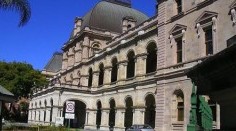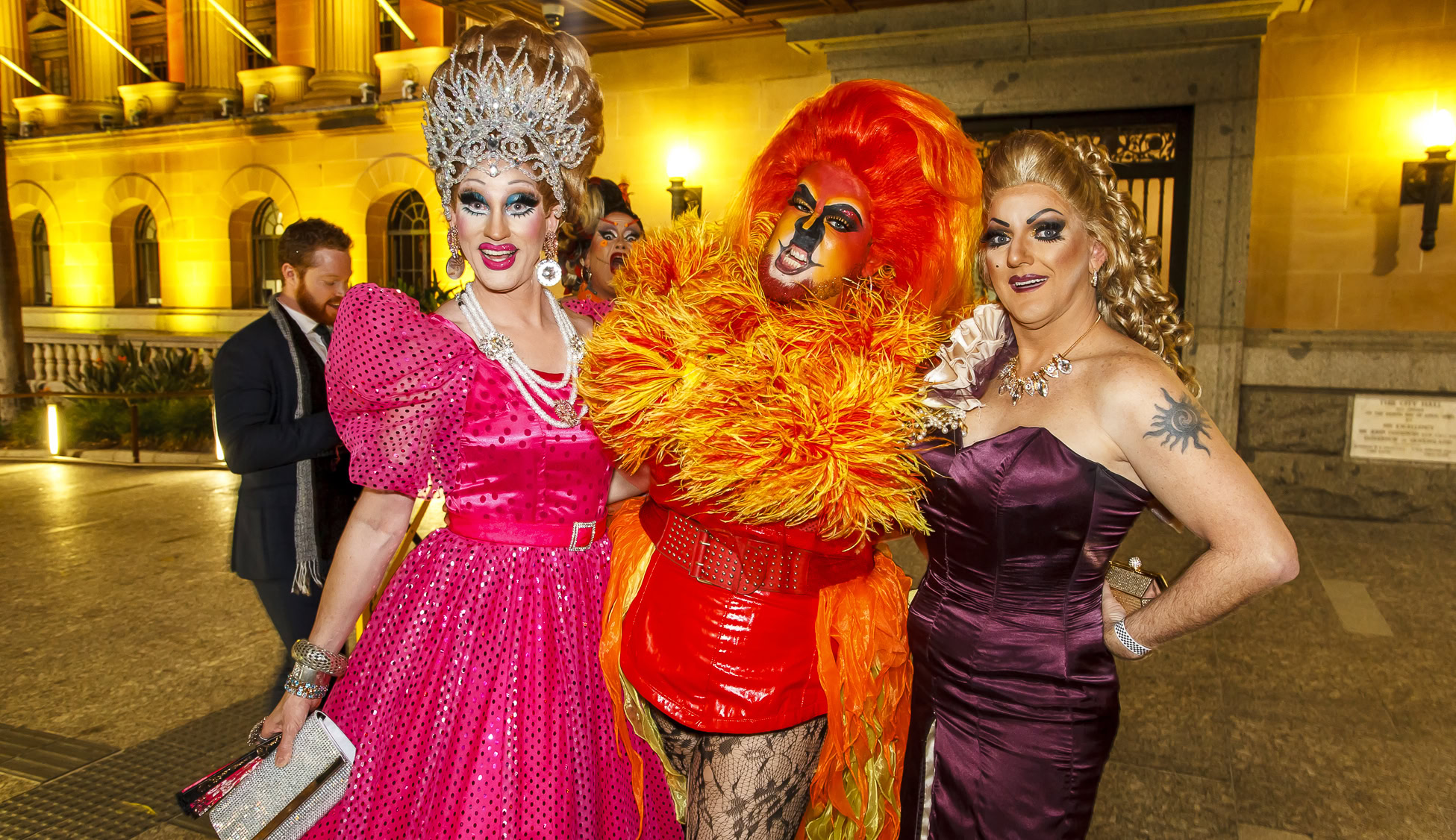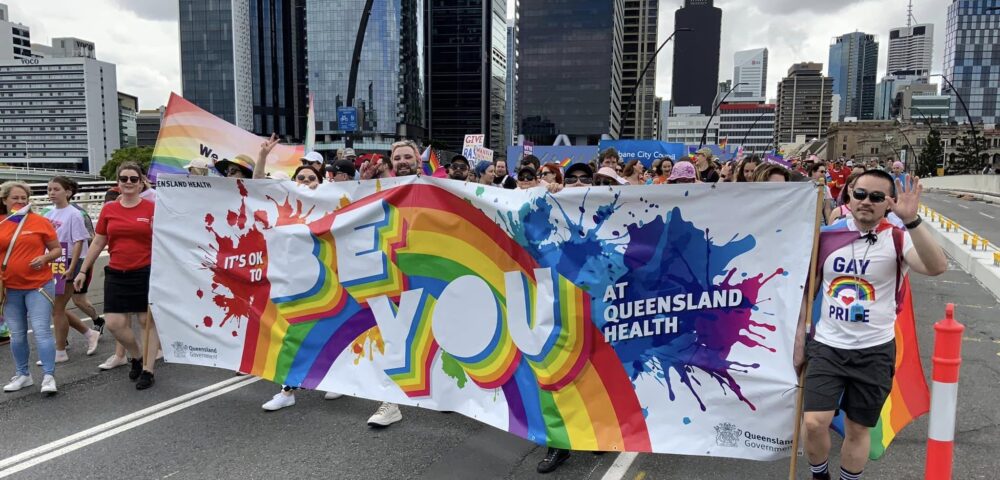
Queensland government $25m HIV and STI funding receives mixed responses

THE Queensland government will provide $25.1 million over three years to community groups within the health sector that are dedicated to combating HIV, other blood borne diseases and sexually transmitted infections.
The funding will be distributed via four grants after a group of 15 applicants from community-based health groups were considered and assessed.
However, the decision to deny some applicants any funding has drawn the ire of the opposition, and has a health expert claiming that only organisations contractually prevented from publicly opposing the government were funded.
In a press statement last week, Health Minister Lawrence Springborg said support for non-government organisations within the community was a vital key in his approach to combating HIV in Queensland.
“The NGO sector plays a significant role in the delivery of community-based care for populations at risk,” he said.
“This process is about cementing their funding and coordinating their activities for the next three years. Each of the successful applicants has expertise and strong links to the at-risk populations.
“They work with government agencies, but with added capacity to respond and adapt to specific community needs.”
A consortium of four community groups that was successful – Queensland Positive People, the Ethnic Communities Council of Queensland (ECCQ), the University of Queensland, and Hepatitis Queensland – was formed in effort to submit a unified proposal.
The minister said that the funding arrangements were designed to support programs that aim to reduce transmission of HIV, other blood borne diseases and STIs, and promote access to testing, removing barriers for treatment and provide better education.
“These successful organisations will contribute on the frontline of Queensland’s response to sexually transmissible infections and blood-borne viruses,” Springborg said.
“Better co-ordination and communication between government and non-government agencies and between providers and the general community will strengthen our capacity to deliver effective, outcome-focussed programs.”
Opposition MPs have criticised the funding arrangements for the exclusion of Queensland AIDS Council (QuAC) from any funding.
“QuAC services see more at risk clients seeking advice and rapid HIV testing than any other community service provider. They are the biggest,” Shadow Health Minister Jo-Ann Miller told the Star Observer.
“My impression is that when a community group speaks out about funding cuts, they are threatened and intimidated by Campbell Newman’s government.”
South Brisbane state Labor MP Jackie Trad echoed her colleague’s sentiments, saying the decision not to provide the organisation any funds was an “outrage”.
Miller also said that she understands that some organisations have been told not to cooperate with QuAC.
“I also understand that some agencies have been told to not work with QuAC as their funding may also be threatened,” Miller said.
“This is a disgraceful situation and Campbell Newman should order his health minister to immediately investigate this situation.”
QuAC executive director Michael Scott supported Miller’s comments.
“QuAC was part of initial discussions around the formation of a consortium on May 20 held at QPP,” he told the Star Observer.
“This meeting included Anglicare Positive Directions, ECCQ, Hepatitis Queensland, QuAC, QPP, Respect and University of Queensland. By the end of the week, many of these organisations had removed themselves from discussions to form a consortium.
“Within days an alternate consortium was formed between QPP, Hepatitis Queensland, ECCQ and University of Queensland to submit an application. This is the application that was successful.”
A spokesperson for the state Health Minister told the Star Observer that a panel – consisting of representatives from the Queensland Health Department – was responsible for the assessment of the $25 million, and that the decision to not fund QuAC was based on its publicly-available evaluation criteria.
HIV specialist Dr Wendell Rosevear echoed the comments above regarding organisations being barred from speaking out.
“I am glad the government wants to give $25 million to help prevent HIV over the next three years,” he told the Star Observer.
“I am sad that they only fund the organisations that sign their ‘gagging contracts’ to not speak out on issues or lobby for law change at a state or federal level or have links on their websites to organisations that do.”
Rosevear added that campaigning for law and policy change still has a vital role for the LGBTI community.
“At the beginning of the [HIV and AIDS] epidemic we had to lobby for decriminalisation of homosexuality, otherwise men were too afraid to even test,” he said.
“Now we lobby for relationship recognition as trusting relationships are actually a HIV and sexually transmitted disease prevention strategy that people have forgotten to talk about.
“True prevention comes when we value people, rather than silence them.”
Rosevear was also critical of the government’s decision not to provide funding to Anglicare’s submission for their HIV care and treatment program, Positive Directions.
The Health Minister spokesperson said that the change in funding to Positive Directions reflected on the changing nature of the disease.
“Ten years ago, effective treatments were not readily available. A large number of people infected with HIV were very sick and the nature of funding and activity reflected those circumstances,” the spokesperson said.
“Today, there are effective treatments and the focus of funding has moved to reflect current circumstances. This is set out in the published criteria… stressing treatment, prevention and workforce development.”









